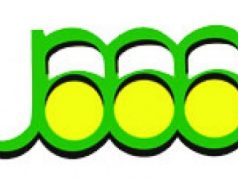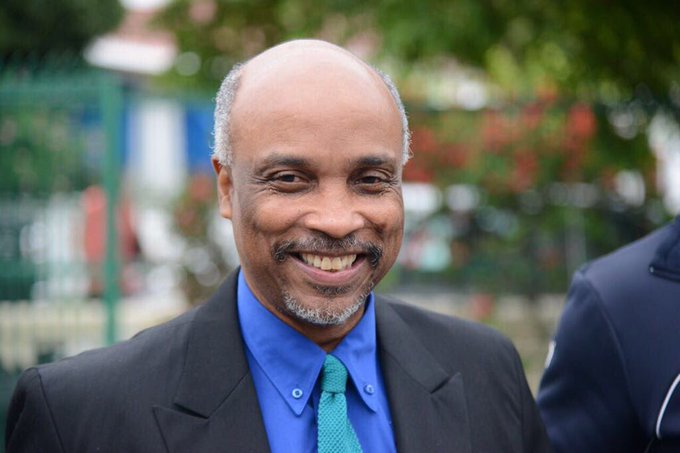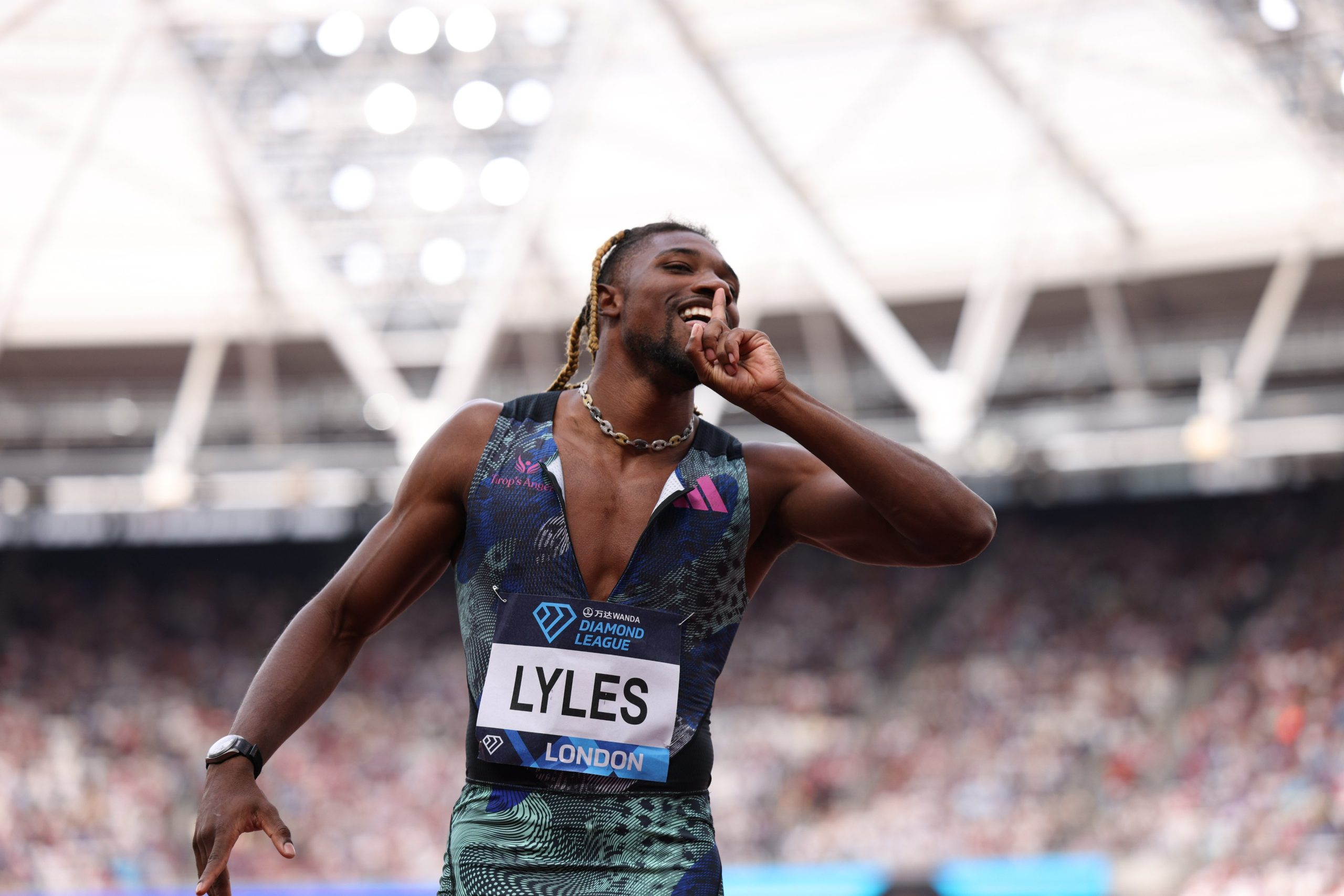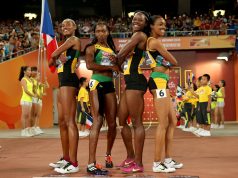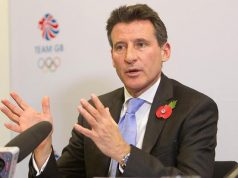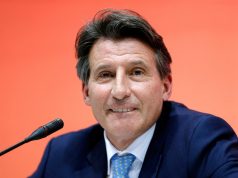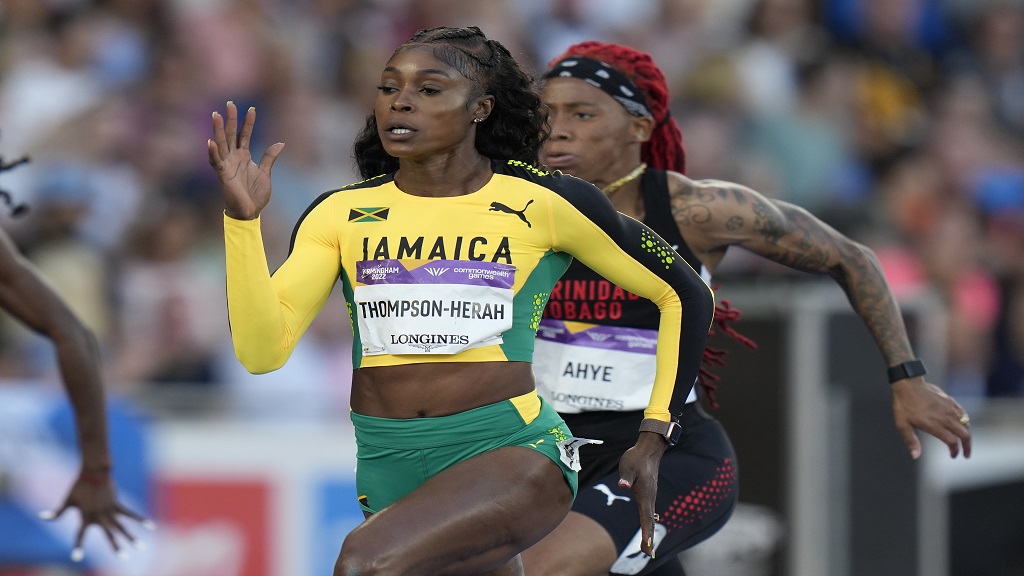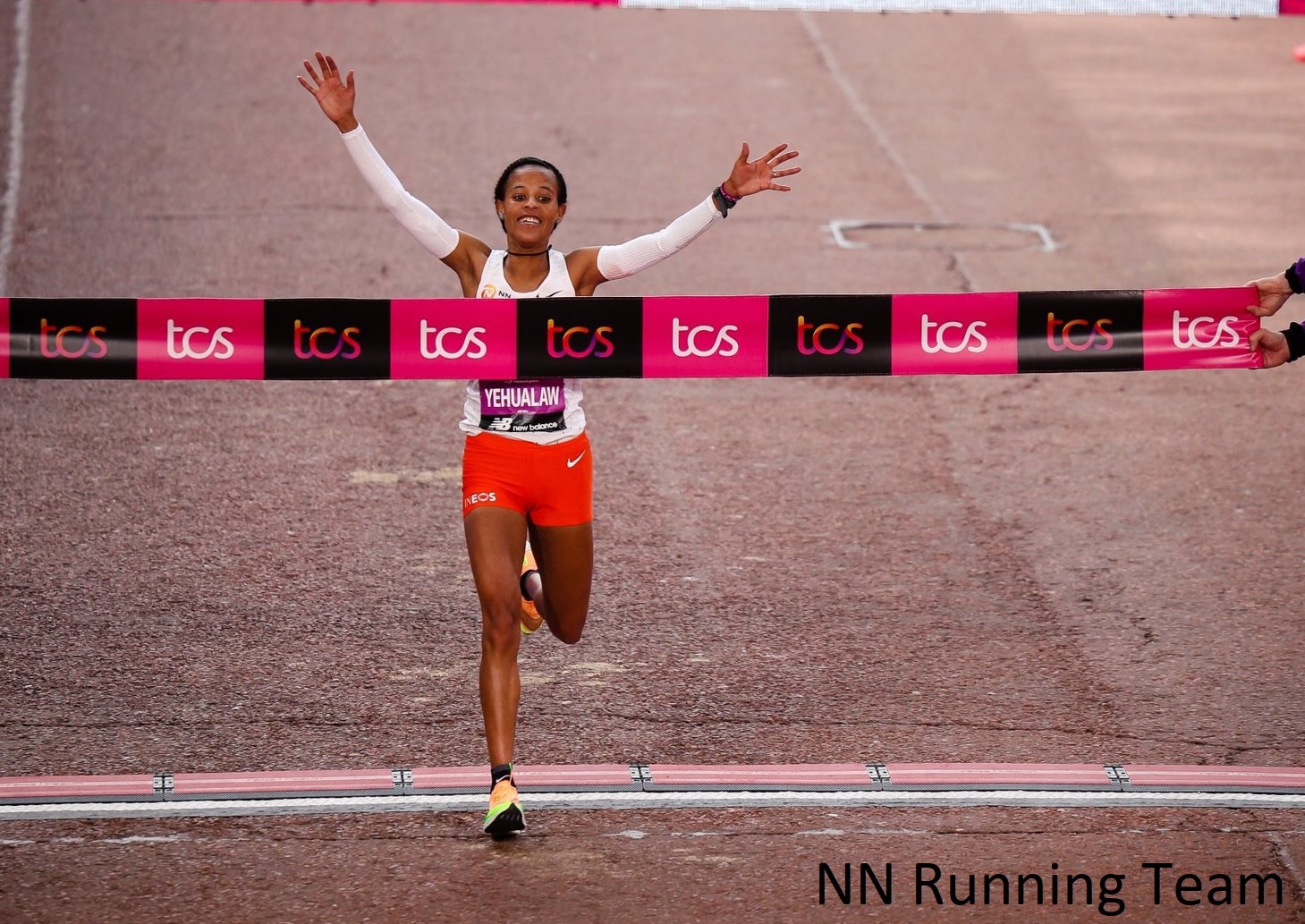The 203rd IAAF Council Meeting, which was chaired by IAAF President Sebastian Coe, focused on the IAAF reform process to restore trust in both the organisation and the integrity of competition. An update from the IAAF Taskforce concerning the verification of Russia’s progress towards meeting the Reinstatement Conditions was delivered by independent chair Rune Andersen.
IAAF reform process
IAAF Council heard updates from all the reform groups. The package of reforms will enable the IAAF to become a robust modern organisation with the necessary safeguards and controls and the right education to protect the organisation and ensure it is not exposed to unnecessary risk in the future.
Lord Paul Deighton delivered his financial review. A number of recommendations were agreed, including immediate fixes around delegated authorities and financial checks and balances. A comprehensive root and branch review of all financial controls and wider corporate governance is now in place.
The IAAF’s review of Ethical Compliance Reforms has resulted in an agreement to set up an ethical compliance group and recruit an ethical compliance officer.
The recommendations of the Governance Reform Working Group were approved. In that respect, a timetable for constitutional change was agreed which will lead to an IAAF Congress being held in Monaco in either late November or early December of this year.
An update was delivered on the Integrity Unit which will give greater independence to the anti-doping process, and Council agreed to the continuation of the work to formalise this unit.
The members of the new IAAF Commissions and Special Advisory Groups and their chairs were also agreed. Their names will be announced next week.
Sebastian Coe commented: “We have taken time to look closely at the lessons we can draw from the past. My aim is for the IAAF to be a leader in sport and the reforms we have agreed today will help us do that. Council gave unanimous agreement to put in place the checks and balances and transparent structures required.”
Anti-doping
Five countries are in critical care concerning their national anti-doping programmes. The IAAF is implementing an action plan to monitor compliance to IAAF Rule 30.6 with respect to the federations of Ethiopia, Morocco, Belarus, Kenya and Ukraine.
Morocco and Ethiopia both need to appoint an anti-doping coordinator and, as a matter of urgency, establish a national testing programme. Belarus, Kenya and Ukraine have been put on an IAAF monitoring list for 2016 to ensure their national anti-doping programmes are significantly strengthened to ensure their journey to compliance to Rule 30.6 is completed by the end of the year.
Sebastian Coe commented: “The IAAF is taking control of the fight against doping facing the sport, discussing the issues openly and working with the affected countries to resolve them. No sanctions have been imposed but clear recommendations have been made to those five countries so they understand clearly the actions they must take.”
IAAF Taskforce – Russia
Rune Andersen, the independent chair of the IAAF Taskforce which is monitoring Russia’s compliance to the verification criteria for the re-entry of Russia to international competition, gave his update to Council. There has been a lot of communication between the Taskforce and their Russian delegates in person and via email.
Working with commitment and professionalism, the Russian delegates have made significant progress towards meeting many of the Verification Criteria established by IAAF Council. This has included changing the Russian federation president and council, taking measures to exclude Dr Portugalov, Mr Melnikov and Mr Chegin from the sport, and developing anti-doping educational programmes and other initiatives.
However, the view of the Taskforce is that there is significant work still to be done to satisfy the Reinstatement Conditions and so RusAF should not be reinstated to membership at this stage. The Council accepted the recommendation and has asked the Taskforce to continue to report to the Council when it next meets and to the President in between meetings.
Council asked the Taskforce to consider the request of Yuliya Stepanova to be ruled eligible for international competition, independently of the status of the Russian athletics federation, and to report back with a recommendation, hopefully in early May.
A world-class month of athletics
The IAAF Council in its meeting yesterday concentrated on general administration of the sport. This included the awarding of the right to host two 2018 IAAF World Athletics series events and the approval of dates, timetables, qualification standards for a number of previously awarded IAAF championships and circuits.
Council were updated about the two IAAF World Championships which take place this month. The news from Portland, which will host the IAAF World Indoor Championships (17 to 20 March), is particularly encouraging with 147 countries and more than 500 athletes entered to compete in the Oregon Convention Center. Ticket sales are on course to sell out following this weekend’s USATF Indoor Championships which is the test event for the specially constructed track.
The IAAF World Half Marathon Championships in Cardiff (26 March) also received a boost on Tuesday (8) with Britain’s world and Olympic champion Mo Farah being selected to compete.
Sebastian Coe commented: “Athletics gets back into full swing this month with two inviting world-class sports events which will set the 2016 season off with a bang. The World Indoor Championships is the most important competition which will be organised by the IAAF this year. With the Rio Olympics on the near horizon, sports fans everywhere will be assessing every performance in Portland for what might be expected in a few months’ time. The same goes for Cardiff where many of the world’s top long distance runners who will be competing for the world half marathon title will later grace the 10,000m track and the marathon at the Games. ”



